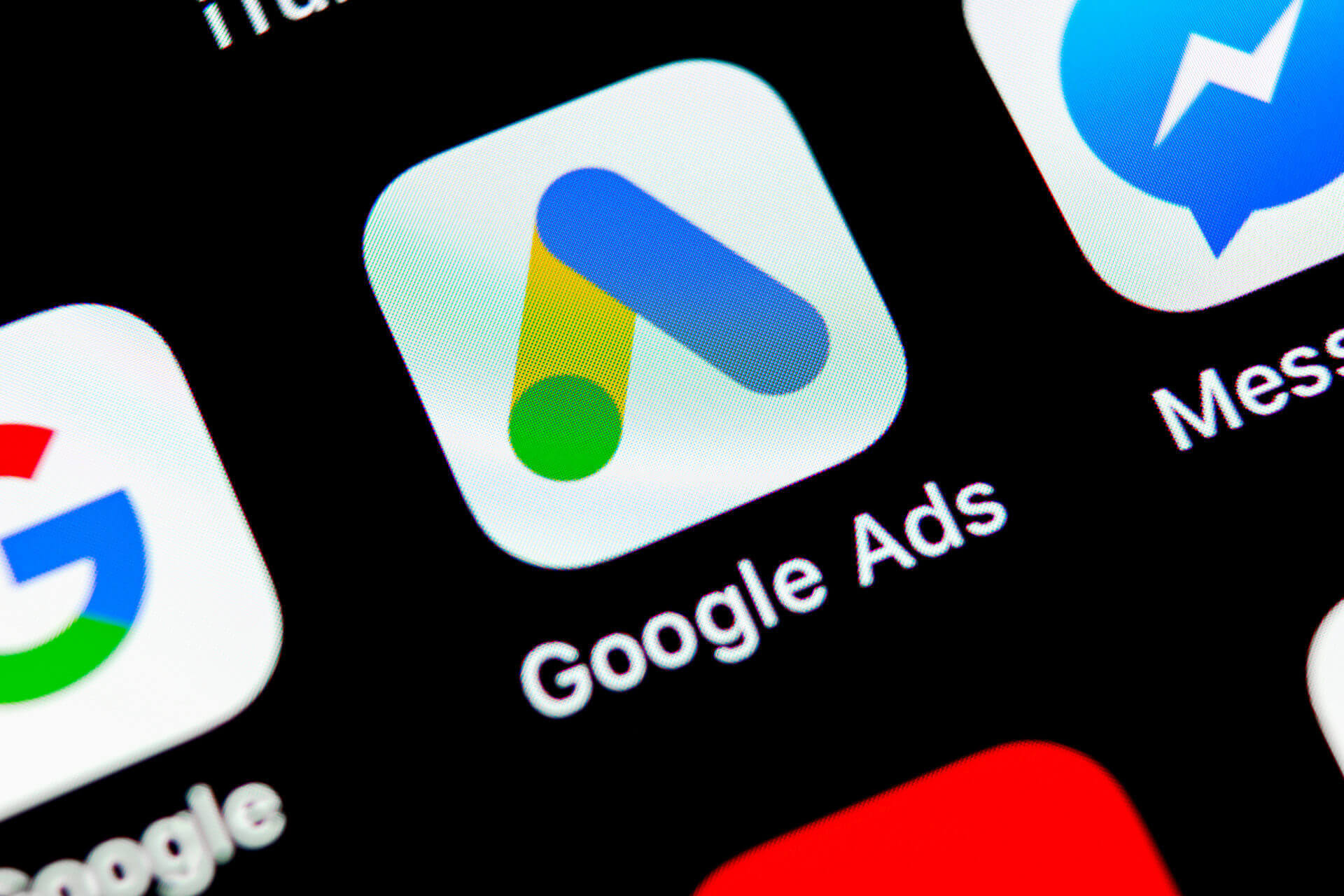IMAGE DISSTRIBUTED TO HEGETSUS.COM: Las Vegas billboards displaying “Jesus Went All In, Too”, are displayed on IMAGE DITRIBUTED FOR HeGETSUS.COM … [+]
Even the most controversial topic will find its share of critics.
There are always two sides to every issue, and a massive $100 million dollar campaign about Jesus is not immune to criticism — even among those who support the underlying cause.
A little history: The He Gets Us Campaign is intended to portray Jesus Christ in an entirely new light. It portrays him as someone who can understand the weak and forgotten. It’s mostly a marketing campaign with a message for the masses. He Gets Us also ran a Super Bowl commercial, which was when the most controversy began.
A lot of their comments about the Super Bowl advertisement on Facebook are supportive and positive. Many are glad to see an awareness campaign like this. Even so, there are many that criticize the campaign for being too expensive or unnecessary.
A typical example: “Gimme a break. More weak therapeutic mush.”
And this: “Jesus would never approve spending millions on television ads. Jesus would take those millions and help the poor, homeless, and needy.”
Many comments are critical of the images used in the advertisement, which shows a lot more violence and fighting expressions. The “us” in He Gets Us are people who are angry and upset, it seems. A final comment at the end is intended to surprise us: “Jesus loved the people we hate.”
If you’re the marketing genius who came up with the campaign, you might be feeling like you can’t win. Controversy does lead to more people seeing the content, but I don’t think the ad was meant to create controversy as much as awareness — to get people talking. My impression of the Facebook post is that it’s intended to unify, but social media is not playing along.
First, let’s not forget the detractors. They are those who don’t like the message, or even the topic. The He Gets Us campaign is seen by them as a religious conspiracy. Then there’s those who actually agree with the message, but not the tactics used. It spent approximately $100 million on the campaign and allows you to order a shirt, hat or other item without strings attached. The Twitter community seems to have a wide range of opinions.
Here’s the post original tweet:
It is difficult to market social media these days. The nuance and visuals of messages, tone and images are more important than the overall picture. Even though we might not normally object to the whole idea, it is easy for us to nitpick about a word or photo.
It’s surprising to see so many Facebook comments (about 1,600 of them so far) where the point is either to outright disagree with the message or to disagree with the approach.
Fortunately, there are many commenters who simply say “amen” or agree with the campaign. The post is almost liked by almost 4,000 people.
This speaks volumes about unity.









































































